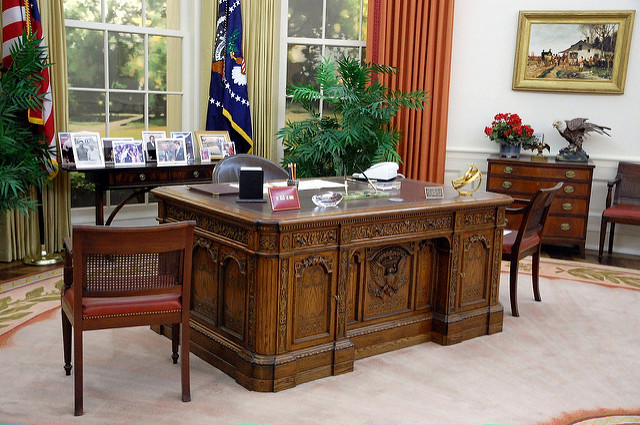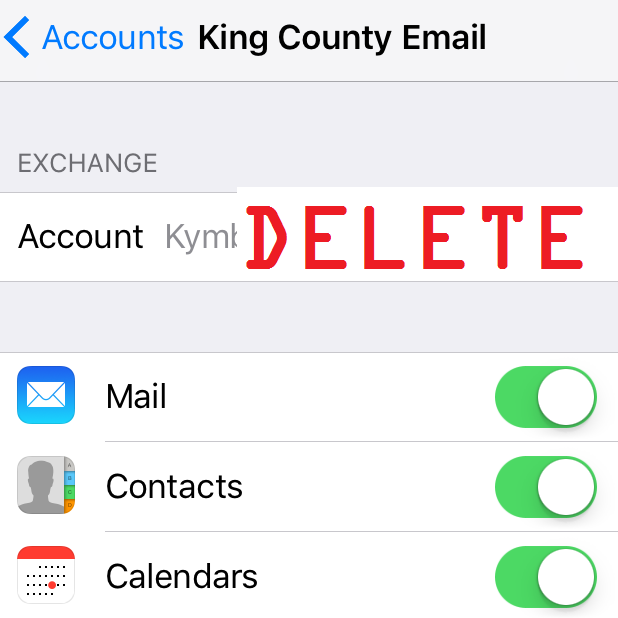What not to pack? Your job!
Working through your vacation is a surefire way to ruin the experience and return even more exhausted than you left. Whether you are actively working by answering emails and phone calls, or passively working by worrying about whether everything is ok, the joy and restorative power of your hard-earned vacation time is lost. Here are six ways to unplug on vacation and be here now.
Before I went to Nepal I wrapped up the loose ends of a hiring process thinking that I’d take the final steps when I returned. My first hour back, my deputy auditor told me that things had completely blown up and our top candidate had to withdraw. He asked if he should have called me. First of all, I am not sure how he would have reached me as we trekked in the Himalayas. But even if he could have, there is nothing I could have done from the trail except be frustrated and worry and take my focus away from the incredible scenery, people, and physical experience I was having. He handled it perfectly well. That is a benefit of working with amazing people.

As the county auditor, I have a smallish department of extremely capable people (of course they are, I hired them!) who work to hard deadlines and navigate significant political sensitivities. It is easy for things to blow up or get off track. I admit, I am a worrier and am skilled at imagining worst-case scenarios. Given the risk and my constitution, I need to take extra steps to clear my mind.
The idea of these tips is to free yourself so you can focus on being where you are and reduce the likelihood that you’ll get pulled into something other than your travel experiences. These steps might look different depending on whether you are a teacher, a small business owner, have a job in tech, or anything else, but the principles apply.
Tip #1 Identify risks, delegate them all
What might need attention or could go sideways while you are out? Identify them and create key contacts for each issue. I got the most perfect Out of Office (OOF) email message from one of my managers this week. It listed each project she was working on and a contact name and phone number for each. No ambiguity and it gives her team opportunities to take the lead.
Tip #2 Tell everyone you will be unavailable
Recently Brooke, the manager with the nice OOF, above, told me she was bringing a document with her to Hawaii in case I needed to call her and discuss it. I told her that I absolutely was not going to call her and that we’d make any decisions using the ‘what would Brooke do’ method. Creating a culture like this will help both you and your colleagues have a better work-life balance.
As I make the rounds on my last days of work I ask, “Is there anything I can do for you before I leave? Any questions about anything? X will be handling Y until I get back.” Notice that I’m not saying, “Give me a call if something comes up.” Set expectations. One of the very best ways to do this is to support others in fully detaching from work on their vacations.
If there are things you would want to be contacted about be specific about what they are, give your emergency contact information to just one person, and let others know who your point of contact will be. That said, some like to feel like they are indispensable and that their team can’t live without them. IMHO, if this is true your group has some work to do to build a stronger, deeper bench. But that is for LinkedIn.
Tip #3 Clean off your desk
Physically putting things away will mentally put them away. That standards review project that was spread across my desk with sticky notes and a half-made action plan is now neatly filed in the ‘Exposure Draft’ folder and in my file cabinet. My plants are watered and the half full coffee cup is rinsed out. When I look over my shoulder on the way out the door it reinforces the feeling that everything is in its physical and procedural place and I can fully leave it behind.

Tip #4 What is happening your first week back? Tee it up!
Last Tuesday I flew in from a family reunion in Montana at 8:30am and I had a televised report presentation scheduled for 9:30am. First, I had a backup presenter ready to do the presentation should the flight have been delayed or if I fell off a horse onto my head and forgot everything I was going to say. But the day before I left for Montana I set out my speaking notes, I brought a suit into the office to put on when I arrived, and confirmed all of the report production work that leads up to the presentation. I also printed agendas and documents for a Wednesday meeting and set them out on my desk. Because of this, I fully relaxed on my mini-vacation and enjoyed my family. Let me tell you, it was good that I was prepared because I calmly walked into the office, wiped off the Montana dust, changed into that suit, and entered into a day of drama, media, quick decisions, and utter chaos. But the team did a wonderful job and we were all prepared for it.
I always leave myself a list of things I’ll want to start working on when I get back. That way even if I do such a good job of detaching from work that I forget my passwords I will still know where to start to dig back in.
Tip #5 Block your calendar to re-calibrate for your first day back
The last time I took a two-week trip I came home to 636 emails. This tip is straightforward. If you block out your first morning back you can check in with your delegees (identified in tip #1) for things that came up while you were out, return your inbox to a reasonable size, and take stock of where you are and where you want to be by the week’s end. This is a critical re-entry tool. If you have a job that doesn’t allow for this, make sure to arrive home on Saturday so you have a day at home to re-orient before diving back in.
Tip #6 Uninstall Outlook from your phone (Yes, seriously!)
Do not look at email. If you are worried that you won’t be able to stop yourself from peeking at your email, remove the temptation. You can delete your work account from your phone, then add it back in as soon as you get home. There is such a thing as decision fatigue and you’re already making plenty of decisions on your trip. If you have to keep deciding not to look at email (just like the box of doughnuts in the break room that the article linked above refers to) you will eventually cave in and start reading them or do something else that you didn’t intend to do, like eat an entire 9″ flan that you buy from a street vendor. Yes, that happened in Cuba. And yes, it was delicious. Back to the point, if the email isn’t available you don’t have to decide not to look at it.

If you are really serious and don’t need your phone where you are going for coordination, etc., then leave it home. I use mine as a camera and take the occasional video so I usually bring it, but turn off the internet connections unless I am pretending to be a social media maven—follow us on Instagram and Facebook!
To wrap up unplugging…
I am getting better and better at this although I admit to distracting myself with pointless email on past vacations and I always regretted it. Tip #6 is something Jay always did when he worked in tech and is going to be my next step toward a slightly more perfect “be here now” mindful self in Oaxaca.
Do you have any tricks that I missed here? Tell me in the comments!!
Leave a Reply